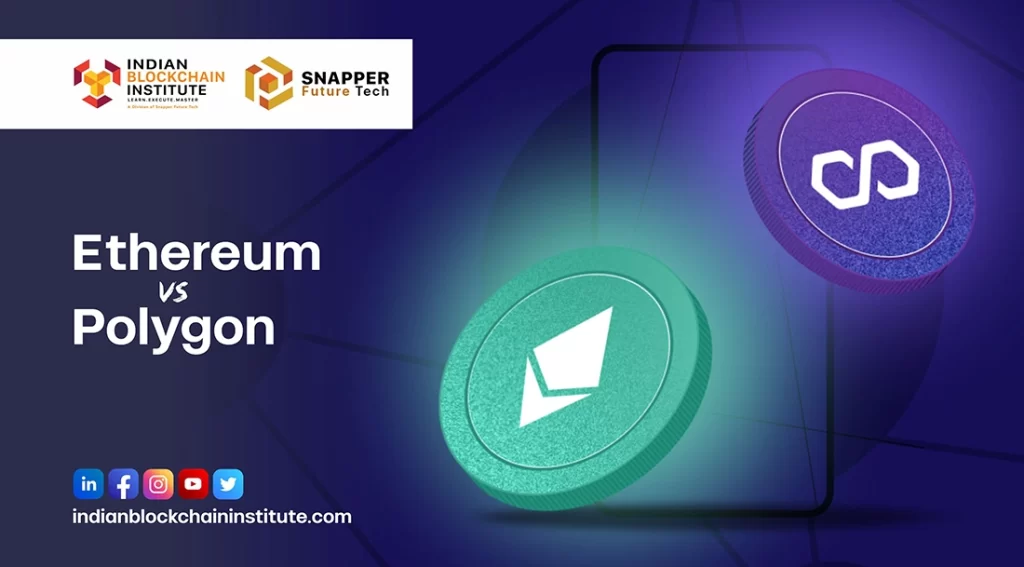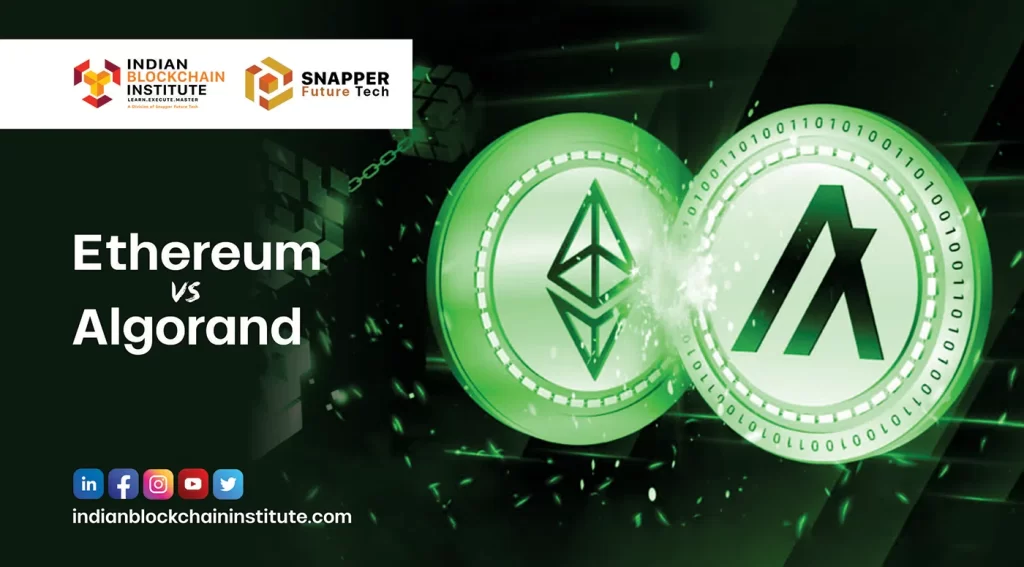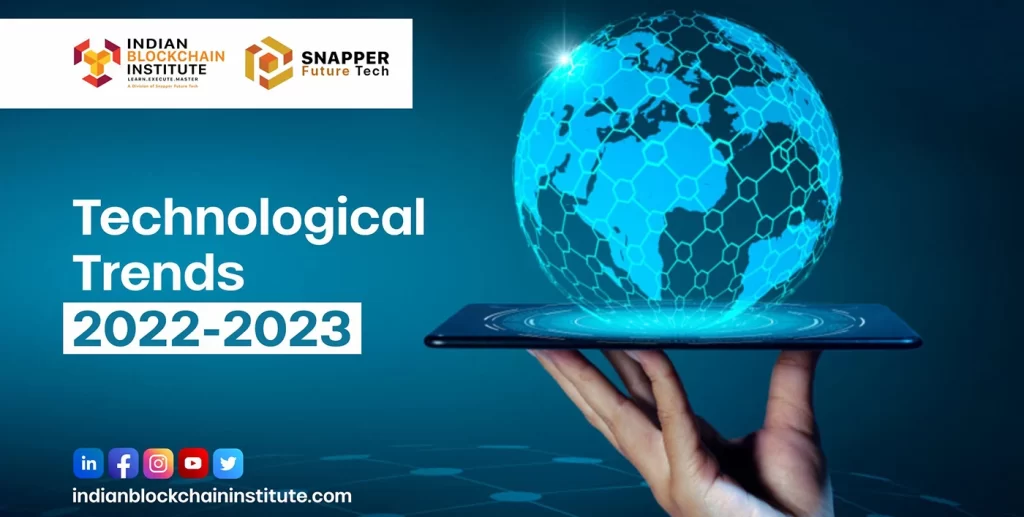Introduction
Supply chain management has come a long way in the past fifty years, becoming an extensive and complex industry that operates on a global scale. With the rise of globalization, the complexity of managing supply chains has increased significantly. However, there is hope for a brighter future, thanks to the benefits of integrating blockchain technology into the supply chain process. By using blockchain, the process of farming can be streamlined and costs can be reduced, making it a highly beneficial solution.
Despite the evolution of business models and expectations, issues around transparency and origin tracking remain prevalent in the sector. Fortunately, blockchain has the potential to provide the answer to these trustability issues, offering an efficient and cost-effective way to address all elements of the supply chain process.In this article, we will delve into the current landscape of the supply chain ecosystem and explore how blockchain technology can revolutionize the industry. Lets start by defining supply chain management, Challenges, Supply chain Market in Blockchain & Real-life use cases, So, without further ado, lets begin this journey of discovery.
Challenges In Blockchain
Supply chain processes can be incredibly complex, involving numerous players, a vast amount of documentation, and large data sets. Unfortunately, businesses across the supply chain often work in isolation, with communication between them taking place through phone calls or email. This can lead to a range of issues, including inefficiencies and high costs, data availability and redundancy problems, a lack of transparency and reconciliation, and an increased risk of fraud and trust issues.
Blockchain Use Cases in Supply Chain
The emergence of blockchain technology has generated significant interest among CEOs and CIOs, who are seeking ways to address industry challenges through technology adoption. The supply chain is a particular focus area, with the followingObjectives :
- Enabling the tracking and tracing of assets throughout the supply chain
- Establishing provenance to determine the origin and authenticity of products
- Supporting the circular economy by reducing the carbon footprint through the secondary use or recycling of products
- Enhancing customer engagement through loyalty programs that leverage tokenization
- Facilitating financial transactions through the use of crypto tokens and smart contracts
- Automating processes by capturing and recording data on physical movements using IoT or other sources.
Real-Life Blockchain Use-Cases
There are various case studies and success stories, which have proven the potential
impact of blockchain technology on the supply chain.
- Implementation of Tradelens solution by Mumbai Transport
- 50% improved communication efficiency of documents like the commercial
- invoices, bills of lading
- Lower transport and logistics costs
- Shorter lead time and less frequent delays
https://www.tradelens.com/post/mumbai-transport-study-highlights-tradelens-value
2. Walmart brought transparency to the food supply chain
- The time needed to trace their provenance went from 7 days to… 2.2 seconds!
https://www.hyperledger.org/learn/publications/walmart-case-study
3. IBM reduces new vendor risk & drastically cut onboarding
- Vendor onboarding cycle time cut from 60 days to 3 days
- For buyers: 50% less cost to verify and maintain a supplier’s information
- For sellers: much faster time to the first sale
https://www.hyperledger.org/learn/publications/chainyard-case-study
4. Honeywell Aerospace Online Parts Marketplace
- $4 million in sales in less than a year
- Purchase time reduced from days to minutes
- Future boost to anti-counterfeit measures
https://www.hyperledger.org/learn/publications/honeywell-case-study
5. Walmart eliminated the root problems that caused invoice disputes
- Reduction of invoice disputes from 70% to 1.5%
- The error threshold for each transaction went from $10 per invoice to $0 per
- The timeline to approve carrier invoices from 6-8 weeks, but often extended over many months, went to less than one week.
https://www.hyperledger.org/learn/publications/dltlabs-case-study
6. Mindtree loyalty platforms and merchant onboarding
- Merchant onboarding time reduction from more than 20 days to one day
- Higher visibility to all parties in the transactions
- Eases merchant renewal processes
- Standardized AML & KYC processes
- Increased cost savings due to automation
https://www.hyperledger.org/learn/case-studies/mindtree-case-study
Conclusion
However, the emergence of blockchain technology offers hope for a brighter future by streamlining the farming process, reducing costs, and addressing issues of transparency and origin tracking. Although supply chain processes can be incredibly complex and involve numerous players, blockchain technology can enable the tracking and tracing of assets, establish provenance, support the circular economy, enhance customer engagement, facilitate financial transactions, and automate processes. Real-life use cases such as Tradelens, Walmart, IBM, Honeywell Aerospace, and Mindtree have proved the potential impact of blockchain technology in the supply chain. A supply chain is a network of organizations, individuals, resources, activities, and technologies involved in the creation and delivery of a product or service to the end customer. Effective supply chain management is essential for businesses to meet customer demand, stay competitive, and achieve business objectives.
We Snapper Future Tech have TraceChain –A Blockchain-based track ‘n’ trace platform for supply chain. With TraceChain, you will have the fullest visibility into your inventory and all your shipments through the supply chain. TraceChain is a modular and stackable platform for various Industry use cases like Food supply chains, Textile Supply chain and manufacturing supply chains, and Luxury goods supply chains. For more detail please visit https://snapperfuturetech.com/tracechain/




